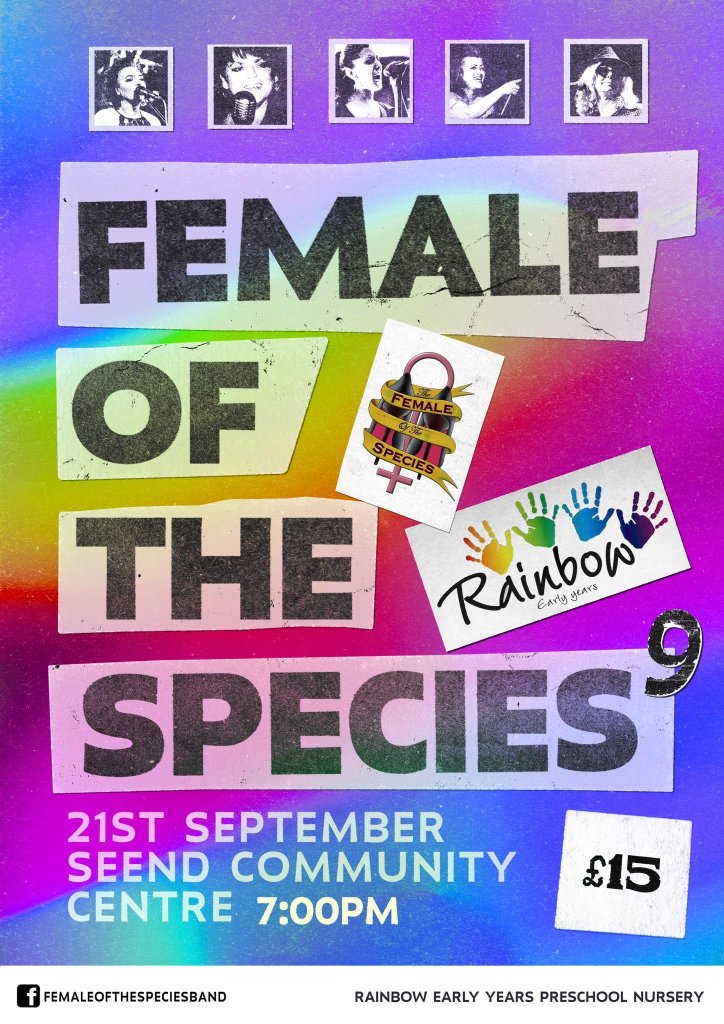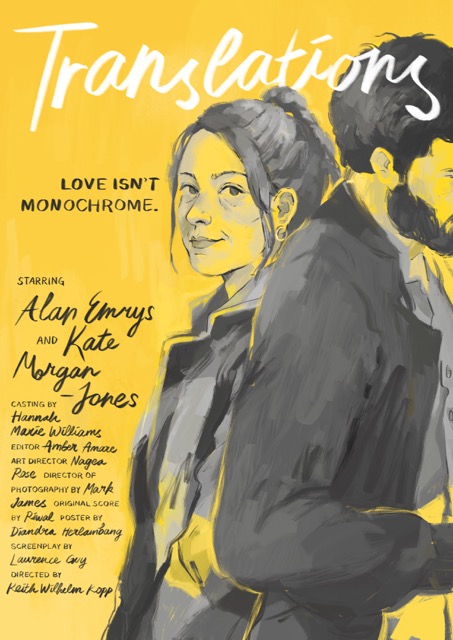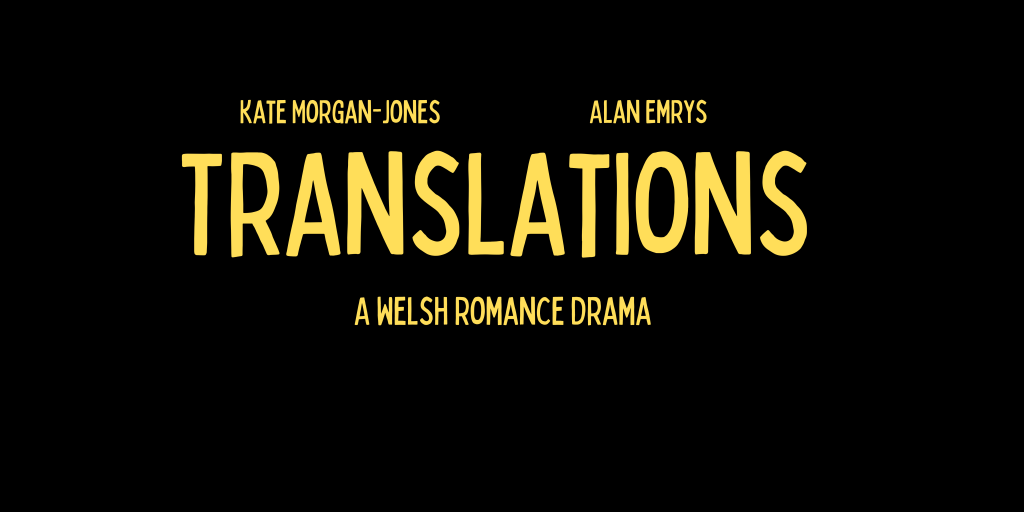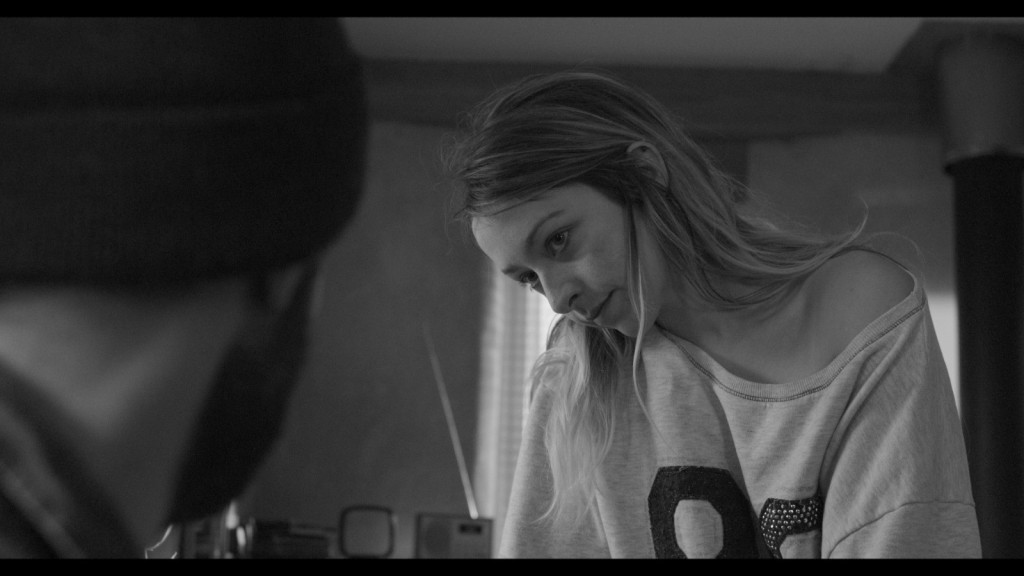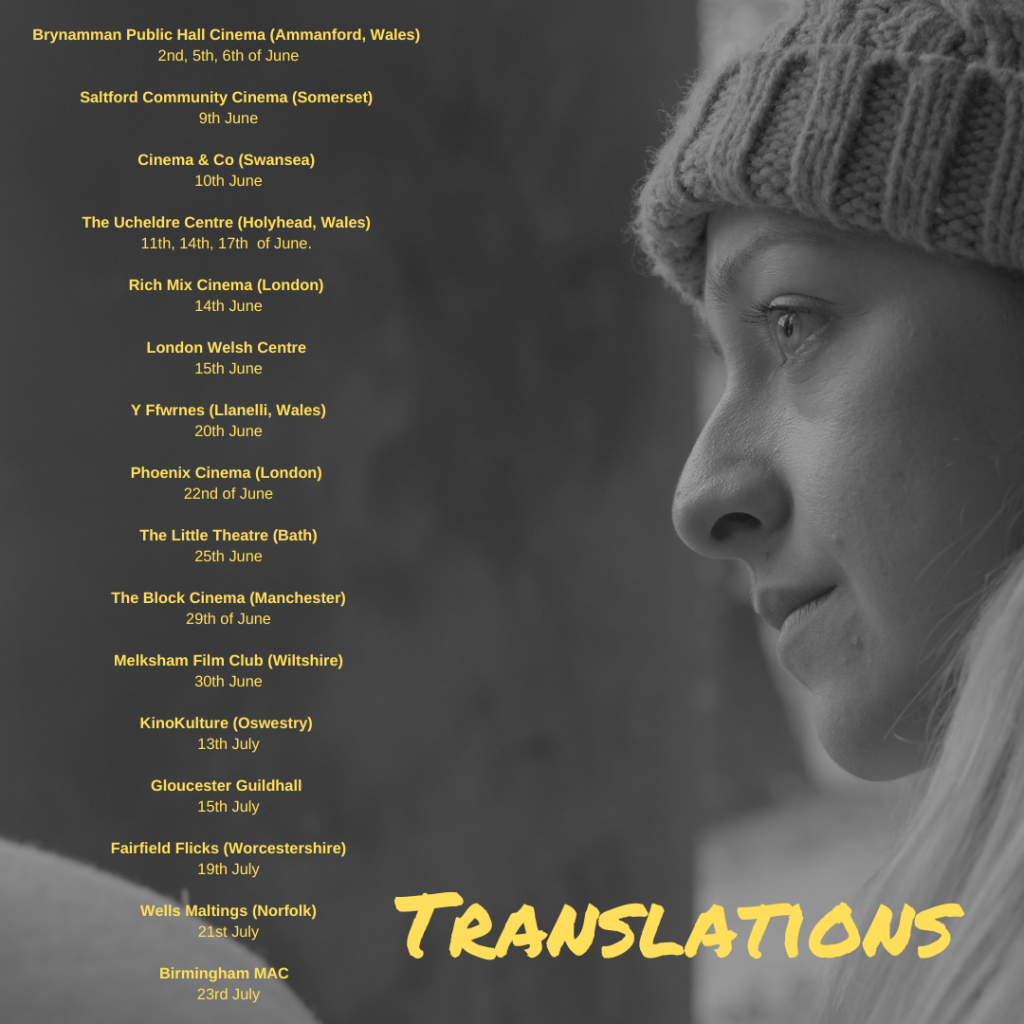by Andy Fawthrop
The Doctor Will See You Now!
Devizes Arts Festival has already got off to a storming start over this last weekend, with performances on Friday from Jolly Roger, Saturday from Lady Nade, and on Sunday from Adam Alexander and Eddy Allen. Some of these we’ve already reviewed here.
So now it’s rolled round to Monday, and it’s time to head out into the first mid-week dates, with a whole variety of stuff to choose from. Last night, and first up of the spoken word big hitters, it was the turn of Dr. Phil Hammond at The Corn Exchange.
I wasn’t sure if was a comment on the current difficulty of getting a GP appointment, but Dr. Phil’s waiting room was pretty full, with people eagerly awaiting a consultation with the famous doctor.
Phil is an NHS doctor, journalist, broadcaster, speaker, campaigner and comedian. He currently works at the Bath RUH in a specialist NHS team for young people with long Covid. Born in the NHS (a slogan emblazoned on his t-shirt, and frequently referenced throughput the set), and brought up in Australia (the Ozzie twang was unmistakeable), he worked in general practice for over twenty years, and has also worked in sexual health. A familiar voice on BBC Radio 4, he has also presented five series of “Trust Me, I’m a Doctor” on BBC2, encouraging patients to be more involved, assertive and questioning. And finally (a major feather in his cap in my book) he’s also Private Eye’s medical correspondent, where he broke the story of the Bristol heart scandal in 1992.
Phil’s “surgery” consisted of two sets – “How To Fix The NHS”’ and “The Ins And Outs Of Pleasure”.
The first half consisted of both commentary on the NHS, and Dr. Phil’s ideas on how it might be improved. Using both his own and patient-generated ideas, the best of which was “force all MPs and Health Service professionals receive all their treatment in the worst-performing hospitals”, and plenty of enthusiastic audience participation, he addressed current issues in a positive light. His key messages were “prevention rather than cure” (more investment needed upstream) and our individual responsibility for personal health. His model, and mnemonic for the night was (of all things) CLANGERS, which provides daily prompts on healthy behaviour. I might be making it sound a little dry, but it was very far from it. He often had the audience in stitches (is this allowed? – Ed. Ed’s note; any passing tumbleweeds are your own responsibility, Andy!), with his “hierarchy of cricketing euphemisms” for death (“taken the short walk to the pavilion”), and a gob-smacking tale of “euthanasia by cling-film”.

The delivery was fast, yet calm, with a take-no-prisoners attitude. He was self-deprecating, often admitting to his own mistakes (predicting that Covid would cause less deaths than people falling down the stairs) and failures (pronouncing a patient to be dead, who subsequently turned out to be very much alive). There were plenty of anecdotes from his times as a trainee and a junior whilst at Medical School, quite enough to shock the bejesus out of the audience.
If anything, the second half was even better. Having posted a trigger warning that it would be quite a bit more graphic and near the bone, it did not disappoint. “The Ins and Outs of Pleasure” did what it said on the tin, and addressed issues of sex, orgasms, masturbation and self-pleasuring. The language was fruity and devoid of euphemism, and soon had the audience squirming with embarrassed nervous laughter. Being a consummate professional performer, the doctor correctly “read the room” and sensing that he was perhaps pushing a Monday night audience in D-Town a little too far, very subtly applied the brakes to some of the tougher stuff. Side-stepping his material via some more personal history, we were soon transitioned into the slightly safer territory of “consensual cannibalism”, the value of having a dog for good mental self-pleasuring, and the joy of “fuck-it Fridays”. But there was still plenty of time on the side for useful medical advice on the use of cock-rings (get the ones with handles), and things not to put into human orifices.
The general prescription issued last night was for taking control of, and responsibility for, your own mental and physical health. And my personal takeaway arrived almost at the end of the set– “laughter is the best medicine – unless you have syphilis, in which case penicillin is a better bet”. Priceless.
A cracking night’s entertainment – informative, interesting, and absolutely hilarious. Another great choice by DAF to bring such performing talent to our town.
If you’d like more info, you can find it at www.drphilhammond.com
The Devizes Arts Festival continues until Sunday 16th June at various venues around the town.
Tickets can be booked at Devizes Books or online at www.devizesartsfestival.org.uk

